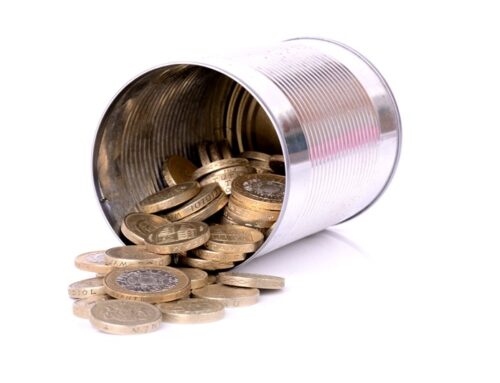Post cessation transactions
Tax relief may be available for post-cessation expenses of a trade. To be an allowable post-cessation expense the trade must have ceased and the expense must have been deductible in calculating the trading profits.
This means that the expense still has to meet the wholly and exclusively test and be revenue, not capital, expenditure. The expenditure can be apportioned if necessary. The way in which post-cessation expenses can be relieved depends on the person incurring the expenditure and the type of expenditure involved.
The following are examples of expenses that would likely be categorised as post-cessation expenses:
- remedying defective work done, goods supplied, or services rendered while the business was continuing or as damages in respect of such defective work, goods or services whether awarded by a Court or agreed during negotiations on a claim;
- paying legal or other professional expenses incurred in connection with the costs above;
- insuring against liabilities arising out of any such claim or against the incurring of such expenses; and
- collecting, or seeking to collect, debts which were taken into account in computing the profits of the trade before discontinuance.
An expense specifically relating to the cessation itself is not an allowable deduction for tax purposes.
Source:HM Revenue & Customs | 17-06-2024










